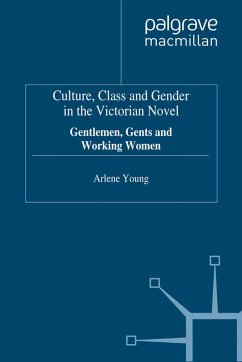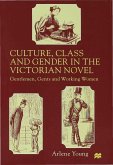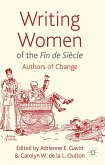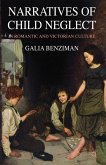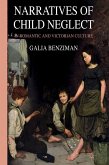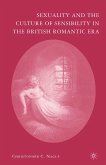This book examines class and its representation in Victorian literature, focusing on the emergence of the lower middle class and middle-class responses to it. Arlene Young analyses portraits of white-collar workers, both men and women, who laboured under disparaging misperceptions of their values, abilities, and cultural significance, and shows how these misperceptions were both formulated and resisted. The analysis includes canonical texts like Dickens's Little Dorrit and Gissing's The Odd Women as well as less well-known works by Dinah Mulock Craik, Margaret Oliphant, Amy Levy, Grant Allen, H.G. Wells, Arnold Bennett, and May Sinclair.
Hinweis: Dieser Artikel kann nur an eine deutsche Lieferadresse ausgeliefert werden.
Hinweis: Dieser Artikel kann nur an eine deutsche Lieferadresse ausgeliefert werden.
'Arlene Young's acute and lively book could be subtitled 'The Gent's Revenge'. Her path-breaking study of nineteenth-century and early modern British writing shows how representations of the lower middle class, especially of men, sustained, tested, and altered the ideas of the dominant middle classes about themselves. Young's reading of Dickens and other novelists, some of whom she recalls from unwarranted neglect, demonstrates how literature works as both a register and an agent of social tensions and change.' - Donald Gray, editor, Victorian Studies

